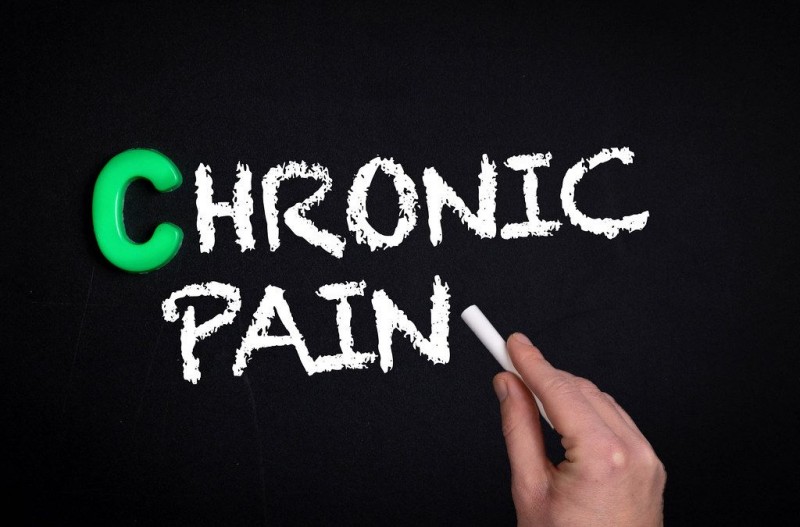
Chronic pain can be a daunting and persistent challenge, impacting your daily life and overall well-being. However, there are effective ways to manage and alleviate chronic pain, allowing you to regain control and improve your quality of life. In this comprehensive guide, we'll explore various strategies and techniques for effectively managing chronic pain.
Chronic pain differs from acute pain in that it persists for an extended period, often beyond three to six months. It can result from various underlying conditions, such as arthritis, fibromyalgia, or nerve damage. To effectively manage chronic pain, it's crucial to first understand its origins and how it affects your body.
Chronic pain can stem from a multitude of sources, including:
To effectively manage chronic pain, you need a well-thought-out plan tailored to your specific needs and circumstances.
Seek Medical Evaluation: Begin by consulting a healthcare professional to identify the underlying cause of your chronic pain.
Build a Healthcare Team: Depending on your condition, assemble a team of specialists, including pain management doctors, physical therapists, and psychologists.
Medication Management: Discuss medication options with your doctor, including pain relievers and anti-inflammatories.
Physical Therapy: A trained physical therapist can help design a personalized exercise program to improve mobility and reduce pain.
Low-Impact Exercises: Engage in low-impact exercises like swimming, yoga, or tai chi to strengthen muscles and joints.
Healthy Diet: Maintain a balanced diet to reduce inflammation and support overall health.
Weight Management: Achieve and maintain a healthy weight to alleviate pressure on joints.
Sleep Hygiene: Ensure quality sleep by establishing a regular sleep schedule and creating a comfortable sleep environment.
Acupuncture: Consider acupuncture for pain relief, which may stimulate the body's natural painkillers.
Massage Therapy: Regular massages can relax muscles and reduce tension.
Meditation and Mindfulness: Practice meditation and mindfulness techniques to manage stress and pain perception.
Pain Journal: Keep a pain journal to track your pain levels, triggers, and the effectiveness of different treatments.
Pain Coping Skills: Learn techniques like deep breathing and progressive muscle relaxation to cope with pain flare-ups.
Support Groups: Join local or online support groups to connect with others experiencing chronic pain.
Family and Friends: Educate your loved ones about your condition, fostering understanding and support.
For some individuals, medication is a crucial component of chronic pain management.
Over-the-Counter (OTC) Medications: OTC pain relievers like ibuprofen or acetaminophen can provide relief for mild to moderate pain.
Prescription Medications: Consult your healthcare provider for prescription pain medications tailored to your condition.
Medication Management Plan: Work with your doctor to establish a medication management plan that addresses both pain relief and potential side effects.
Regular Check-ins: Schedule regular follow-up appointments to assess the effectiveness of your medication regimen.
In conclusion, effectively managing chronic pain requires a multifaceted approach that encompasses medical guidance, lifestyle modifications, alternative therapies, and ongoing support. By understanding the causes of chronic pain and implementing a personalized pain management plan, you can regain control over your life and experience a significant reduction in pain-related challenges.
The Three Pillars of Sahil Kapoor's Balanced Lifestyle
Unveiling the Wonders of Pudina Leaves in Your Daily Routine